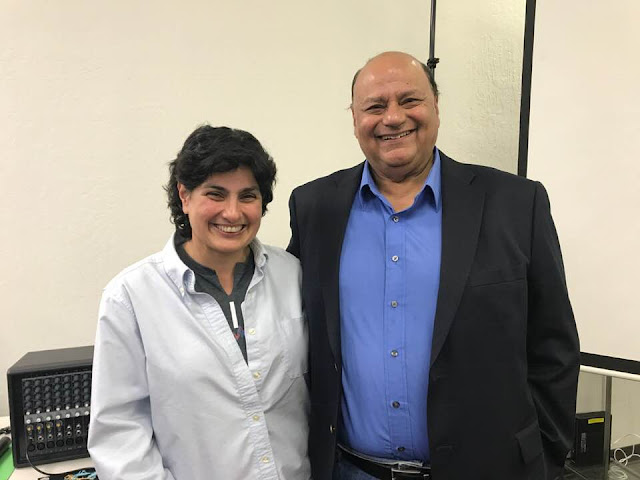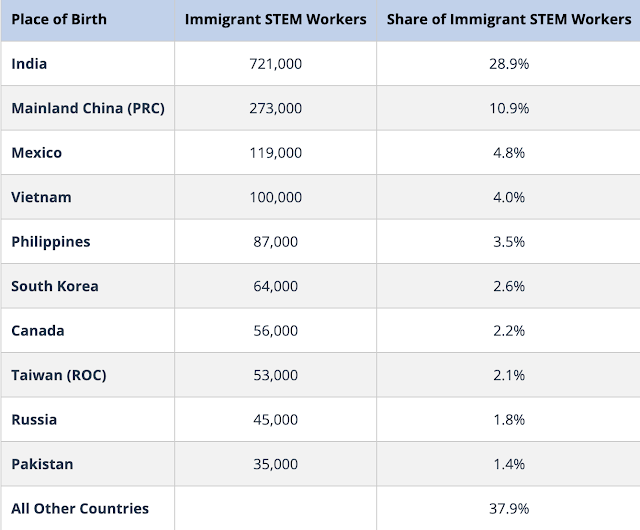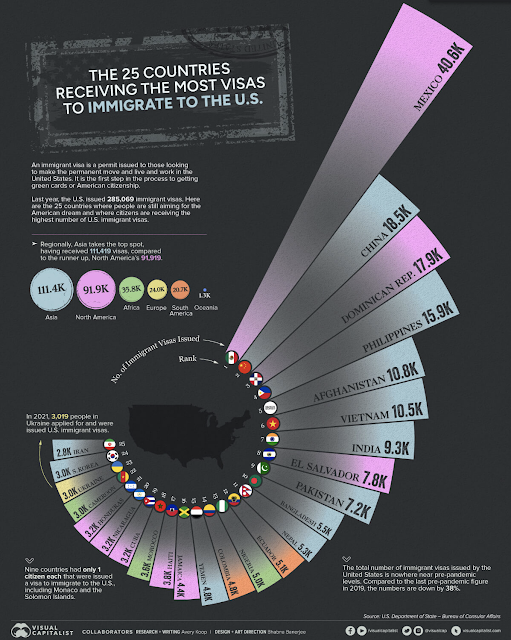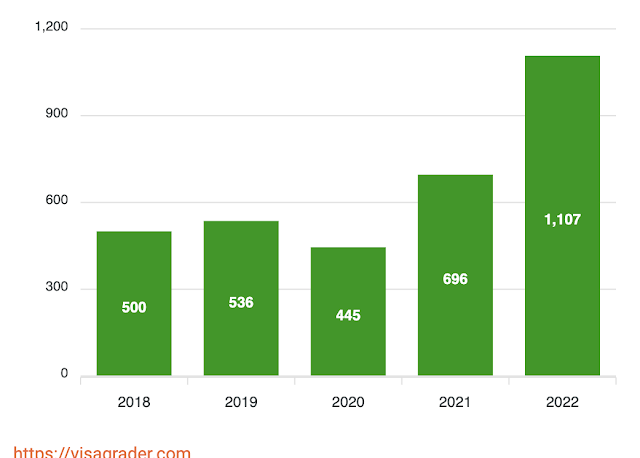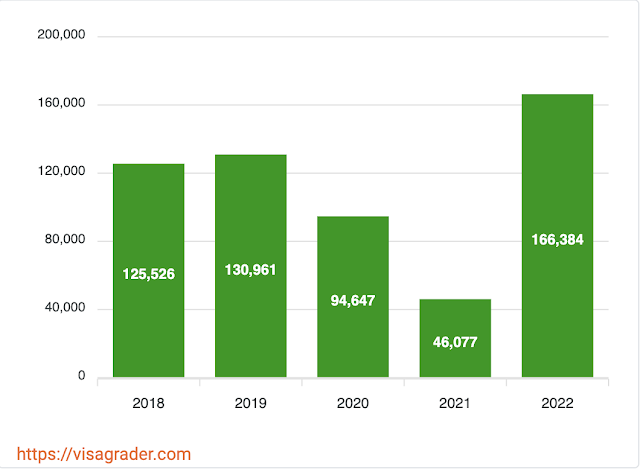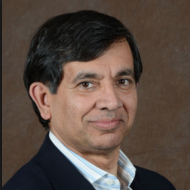
Pakistani-Americans Rising Strength in Academia
Recent appointment of Karachi-born Irfan Siddiqui as Chairman of the Physics Department at the University of California at Berkeley highligh...
Recent appointment of Karachi-born Irfan Siddiqui as Chairman of the Physics Department at the University of California at Berkeley highlights the growing numbers of Pakistani-Americans in the top ranks of the academia. Dr. Irfan Siddiqui is among the top US experts in quantum computing. He is also the head of Lawrence Livermore Quantum Computing Lab at UC Berkeley. He's also one of the architects of the United States Quantum Initiative backed by industry, academia and the federal government.
In addition to Dr. Irfan Siddiqui, there are many other high-profile Pakistani-American academics. For example, astrophysicist Dr. Nergis Mavalvala is the Dean of the School of Science at Massachusetts Institute of Technology (MIT). Dr. Asad Abidi is a professor of electrical engineering at the University of California at Los Angeles (UCLA). Economist Dr. Asim Khwaja is Director of the Center for International Development (CID) at Harvard University's Kennedy School of Government. Dr. Atif Rehman Mian is a professor of Economics, Public Policy, and Finance at Princeton University. Lina Khan was a professor at Columbia University Law School before she was named Chairperson of the US Federal Trade Commission (FTC) by President Joseph R. Biden. Dr. Mark Humayun is a professor of ophthalmology, biomedical engineering, and integrative anatomical sciences at University of Southern California (USC). Dr. Mansoor Mohiuddin is professor of medicine and director of Cardiac Xenotransplantation Program at the University of Maryland. Dr. Adil Najam is a professor of International Relations and of Earth and Environment at Boston University. These are just a few of high-profile Pakistani-Americans currently teaching at top universities in the United States.
As of 2019, there were 35,000 Pakistan-born STEM (Science, Technology, Engineering, Mathematics) workers in the United States, according to the American Immigration Council. They included information technologists, software developers, engineers and scientists. These figures do not include 12,454 medical doctors from Pakistan.
Foreign-born workers make up a growing share of America's STEM workforce. As of 2019, foreign-born workers made up almost a quarter of all STEM workers in the country. This is a significant increase from 2000, when just 16.4% of the country’s STEM workforce was foreign-born. Between 2000 and 2019, the overall number of STEM workers in the United States increased by 44.5 percent, from 7.5 million to more than 10.8 million, according to American Immigration Council.
India topped the top 10 list of foreign-born STEM workers with 721,000, followed by China (273,000), Mexico (119,000), Vietnam (100,000), Philippines (87,000), South Korea (64,000), Canada (56,000), Taiwan (53,000), Russia (45,000) and Pakistan (35,000). Enormous number of Indian STEM workers in the United States can at least partly be attributed to the fact that India's "body shops" have mastered the art of gaming the US temporary work visa system. Last year, Indian nationals sponsored by "body shops" like Cognizant, Infosys and TCS received 166,384 H1B visas for work in the United States. By comparison, only 1,107 Pakistanis were granted H1B visas in Fiscal Year 2022. In addition to H1B work visas, 9,300 Indian nationals and 7,200 Pakistani nationals received immigrant visas to settle in the United States as permanent residents in 2021.
In addition to 35,000 Pakistan-born STEM workers, there were 12,454 Pakistan-born and Pakistan-trained medical doctors practicing in the United States, making the South Asian nation the second largest source of medical doctors in America. Pakistan produced 157,102 STEM graduates last year, putting it among the world's top dozen or so countries. About 43,000 of these graduates are in information technology (IT).
Related Links:
Haq's Musings
South Asia Investor Review
Over a Million Pakistani University Students Enrolled in STEM Fields
Stanford Ranks 243 Pakistan Scientists Among 2% of Top Scientists in the World
Pakistan Projected to Be World's 6th Largest Economy By 2075
35,000 Pakistan-Born STEM Workers in US
Growing Share of Working Age Population in Pakistan
Pakistan Scientific Output is World's Fastest Growing
India's Chandrayaan 3 Success: Can Pakistanis Explore Space?
Digital Pakistan 2022
Pakistan's Large and Growing Civil Nuclear Program
Riaz Haq's Youtube Channel
PakAlumni Social Network

Pakistani-Americans Rising Strength in Academia
Recent appointment of Karachi-born Irfan Siddiqui as Chairman of the Physics Department at the University of California at Berkeley highligh...



